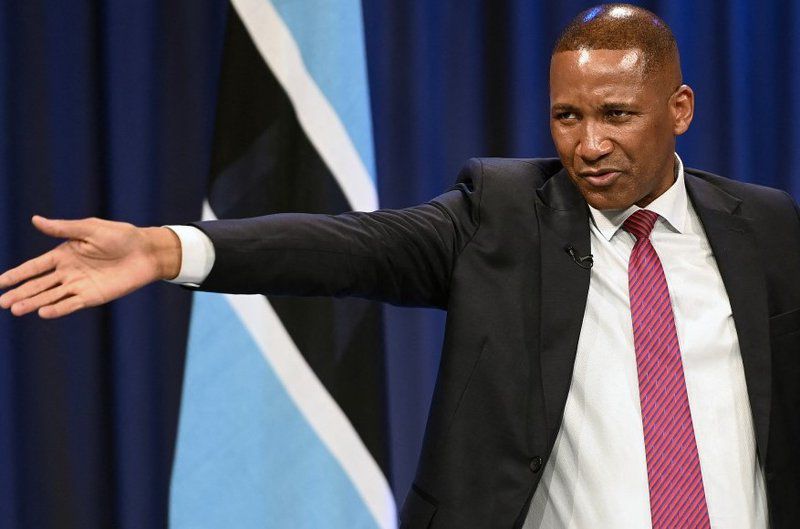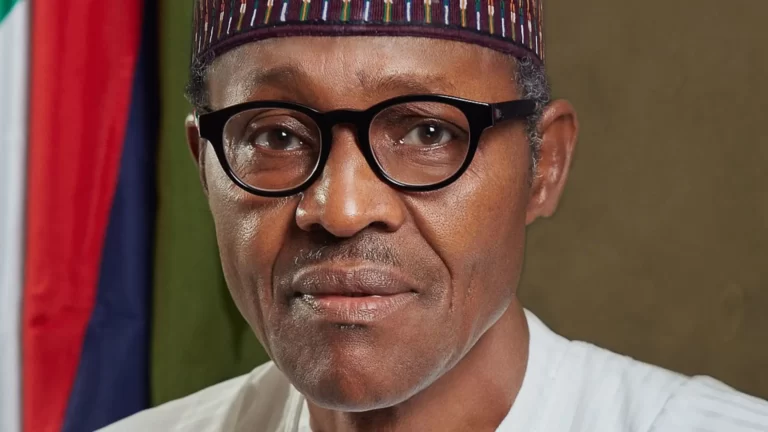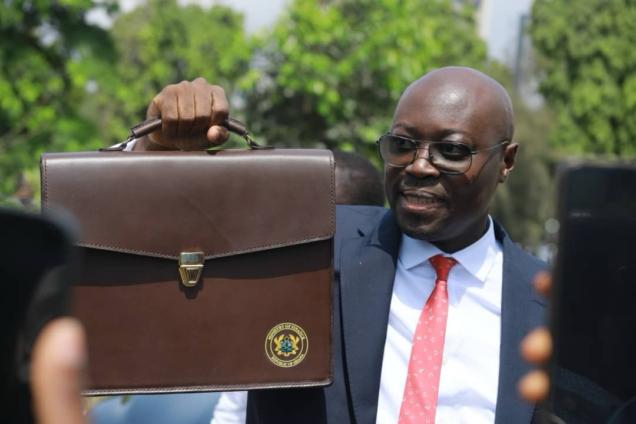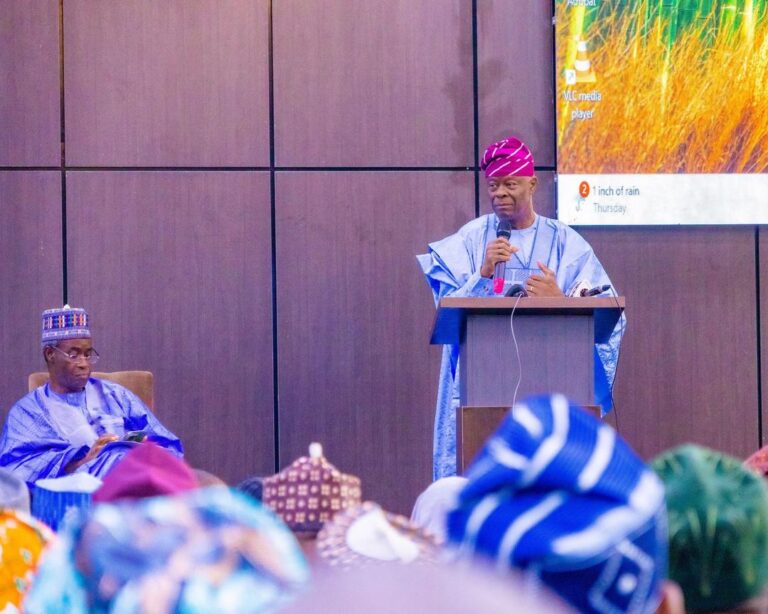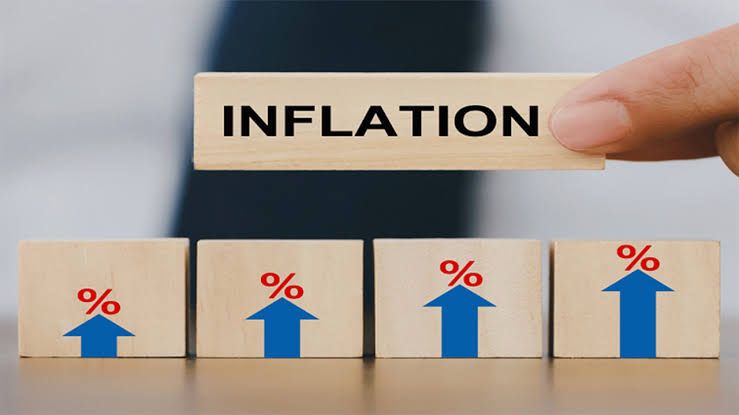Botswana’s economy experienced a steep contraction in the second quarter of 2025, largely due to a significant downturn in its diamond sector. The country’s GDP decreased by 5.3% year-on-year, marking the sharpest contraction since the COVID-19 pandemic. Data from its statistics office (statistics Bostwana) showed on Friday.
This is attributed to a 43.1% decline in diamond production as companies scaled down operations in response to sluggish global demand. The diamond industry, which accounts for a substantial portion of Botswana’s GDP and foreign exchange earnings, has been hit by structural changes in the market, including increased competition from lab-grown diamonds and a general decline in luxury spending.
“Diamond production in carats declined 43.1% in the second quarter of 2025. The steep decline reflects the diamond company’s continued effort to scale down operations amid sluggish global demand,” the report noted.
In response to this economic pressure and to diversify its economy beyond diamonds, Botswana has announced the launch of a Citizenship by Investment (CIP) program.

This initiative, developed in partnership with Arton Capital, aims to attract foreign capital and international talent by offering citizenship in exchange for investment. Funds generated from the program are intended to be channeled into key sectors such as tourism, renewable energy, financial services, and the housing market.
Botswana president Duma Boko said on Friday that “This program will enable us to continue to secure the long-term financial future of Botswana,”

The southern African nation is the largest producer of diamonds globally, and is also working on expanding trade with other African nations through new trade corridors and digital platforms to make commerce more seamless and less dependent on international luxury markets.
In the second quarter of 2025 the diamond based economy has a GDP of $5.2billion; with inflation at 1.4% in August below the central bank’s medium-term objective range of 3-6%, suggesting that the country is not currently facing inflationary pressure.



